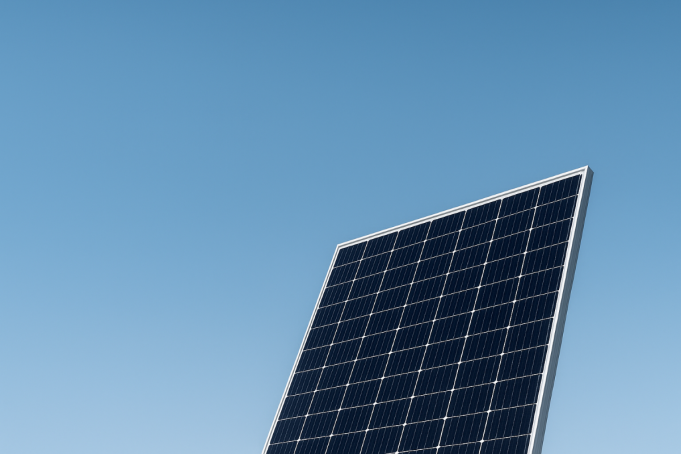As renewable energy gains momentum, protecting these investments is vital. Financial protection for systems like solar panels and wind turbines ensures their durability and efficiency. Insurance policies are essential in managing risks associated with these installations.
The shift towards renewable energy sources such as solar panels and wind turbines is a significant step in reducing carbon emissions. However, these installations require considerable investments, making financial protection crucial. Contractors All Risk Insurance plays a key role in ensuring that accidental damage or unforeseen events do not disrupt these projects. By offering comprehensive coverage, this insurance helps maintain the economic viability of renewable initiatives, which is essential for their continued growth and success.
Risks associated with renewable energy systems
Investing in renewable energy systems like solar panels or wind turbines involves navigating a landscape filled with various risks. These systems are often situated in remote areas, making them vulnerable to environmental factors such as storms or high winds that can cause significant damage. Additionally, the technological components involved are sophisticated and costly, requiring careful maintenance and protection against potential malfunctions.
The installation process itself also presents risks. From construction mishaps to logistical challenges, there are numerous opportunities for unforeseen issues to arise. Without adequate financial safeguards in place, such as comprehensive insurance policies, the cost of addressing these problems can quickly escalate. This underscores the importance of having reliable protection mechanisms that cater specifically to the nuances of renewable energy projects.
Beyond physical risks, renewable energy projects also face financial vulnerabilities related to market fluctuations and regulatory changes. The dynamic nature of energy markets means that project revenues can be unpredictable, necessitating a robust risk management strategy to ensure financial stability. An effective way to manage these uncertainties is through tailored insurance coverage that addresses both physical and financial risks.
Insurance’s role in mitigating damages
Insurance is crucial in protecting investments against unexpected setbacks in renewable energy projects. A well-structured policy can cover a wide range of scenarios, from natural disasters impacting wind farms to technical failures within solar panel arrays. By addressing these vulnerabilities through comprehensive coverage, investors can protect themselves from significant financial losses.
Incorporating insurance into your risk management strategy not only provides peace of mind but also facilitates smoother project operations. It allows stakeholders to focus on optimising performance rather than worrying about potential damages. This proactive approach enhances resilience against external shocks, ensuring long-term project viability.
Moreover, comprehensive insurance solutions can bolster investor confidence by demonstrating a commitment to risk management. By showcasing this dedication to safeguarding assets, project developers can attract more funding and support for their initiatives. Ultimately, this contributes to the overall growth and sustainability of the renewable energy sector.
The necessity for comprehensive coverage
Supporting sustainable energy projects requires robust financial protection mechanisms. Comprehensive coverage addresses both immediate physical risks and broader economic challenges associated with these ventures. By considering all potential threats—ranging from extreme weather events to shifts in market dynamics—you can create a resilient framework that supports ongoing success.
This thoroughness is vital not only for protecting current investments but also for fostering future development within the sector. As global demand for clean energy continues to rise, establishing reliable risk management strategies becomes increasingly important. Effective insurance policies are integral components of this process, providing critical support at every stage—from construction through operation.
The need for comprehensive coverage extends beyond individual projects; it encompasses entire networks involved in delivering renewable power solutions worldwide. By prioritising effective risk management practices across all facets—from financing arrangements down supply chains—you contribute positively towards advancing sustainable goals globally while ensuring each endeavor’s viability over time.














